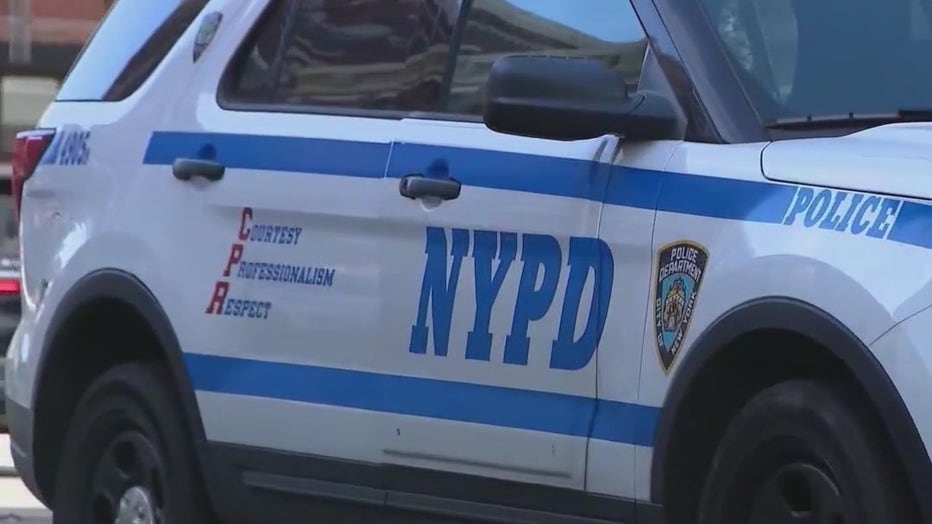'How Many Stops Act' now in effect in NYC: What to know

'How Many Stops' law now in effect
The "How Many Stops Act" went into effect on Monday. It requires NYPD officers to report age, race, gender and details of certain civilian stops. FOX 5 NY’s Lisa Evers shows us what this means for you and officers on the beat.
NEW YORK CITY - The "How Many Stops Act" went into effect on Monday in New York City.
The controversial law will require NYPD officers to document the race, gender, and age of every person they interact with.
It's still generating controversy and raising questions about the impact it will have on the ability of NYPD officers to respond to crime and mental health emergencies and create paperwork for officers instead of fighting crime. But supporters say it's needed to improve transparency and accountability.
The dispatcher's voice and urgent message came across the police radio.
That call was just one emergency call an officer was unable to respond to in this illustration by the NYC PBA of how long it would take to fill out the How Many Stops form.
NYC Mayor Eric Adams said it would slow down police response time when he vetoed the bill that was passed by the City Council in December. The New York City Council overrode his veto, so as of July 1, 2024, it is law.
"It slows officers down from going to a scene immediately, but the other side of it is you have people, also the Civil Liberties Union, who expressed the concern that police officers are engaging with the public and not introducing this information into a database," law enforcement expert and retired NYPD lieutenant, Darrin Porcher said.
City Council supporters of the bill argued that it would provide more transparency of police encounters with civilians, especially in communities of color where some are concerned about "over-policing."
The PBA says it tried to warn about how it would increase response time to urgent calls.

NYPD Chief of Patrol on ‘How Many Stops Act’ bill
FOX 5 NY speaks with NYPD Chief of Patrol John Chell about the New York City Council voting to override the Mayor's veto of the controversial "How Many Stops Act."
"As always, police officers will perform our duties as required by this new law and will continue to help New Yorkers to the best of our ability," PBA President Patrick Hendry said.
Porcher is concerned about delayed response time and privacy.
"Now you have a situation where police interactions are being transcribed and stored, and who's to say can police possibly re-engage that information for a potential crime that happens down the line?" Porcher said.

FOX 5 NY reached out to the NYPD for a response.
A spokesperson said:
"The Department has put in place policies, training, and technology to comply with the law. Officers will be using forms on their smartphones to track the required data, which will be aggregated and made public on a quarterly basis."
Supporters and opponents of the controversial bill will be watching closely in the weeks and months ahead. Only time will tell if it provides more transparency in police encounters, or slows officers down from keeping the city safe.


